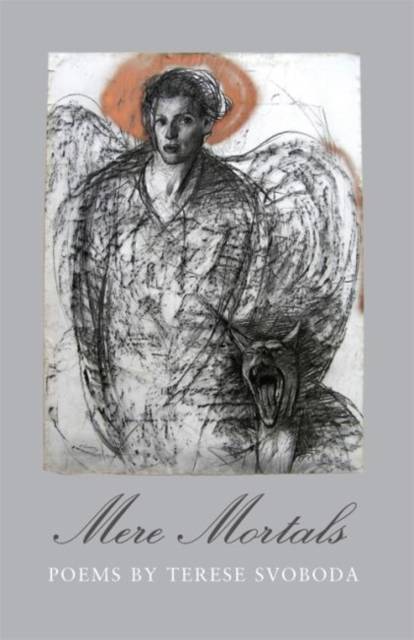
- Afhalen na 1 uur in een winkel met voorraad
- Gratis thuislevering in België vanaf € 30
- Ruim aanbod met 7 miljoen producten
- Afhalen na 1 uur in een winkel met voorraad
- Gratis thuislevering in België vanaf € 30
- Ruim aanbod met 7 miljoen producten
Zoeken
Omschrijving
All of the medical, technological, and psychological advances of the twentieth century challenge "mere mortals" in Terese Svoboda's third book of poetry. In "Faust," a mini-epic in five acts, the eponymous character of literary legend appears in the form of a woman, who redefines what being mortal means in light of the politics of the Third World, and gender. In contrast "Ptolemy's Rules for High School Reunions" explores what happens when you do without a pact with the devil. The gods--Greek and otherwise--also make appearances as a TV announcer in "Philomela," in the basement with the plumber in "The Smell of Burning Pennies," and in the dyslexic confusion between "Dog/God." But it is not only the divine that charges the poems in Mere Mortals--sex also suffuses and reinvents key relationships. Readers of such wittily probing poems as "The Root of Father is Fat" and "Brassiere: Prison or Showcase?" will know why Philip Levine has described Svoboda as "one light-year from being the polite, loverly, workshop poet. Mere Mortals poems first appeared in such magazines as the New Yorker, New York Times Magazine, Paris Review, and the American Poetry Review.
Specificaties
Betrokkenen
- Auteur(s):
- Uitgeverij:
Inhoud
- Aantal bladzijden:
- 148
- Taal:
- Engels
- Reeks:
Eigenschappen
- Productcode (EAN):
- 9780820334240
- Verschijningsdatum:
- 1/09/2009
- Uitvoering:
- Paperback
- Formaat:
- Trade paperback (VS)
- Afmetingen:
- 140 mm x 216 mm
- Gewicht:
- 195 g

Alleen bij Standaard Boekhandel
+ 76 punten op je klantenkaart van Standaard Boekhandel
Beoordelingen
We publiceren alleen reviews die voldoen aan de voorwaarden voor reviews. Bekijk onze voorwaarden voor reviews.











